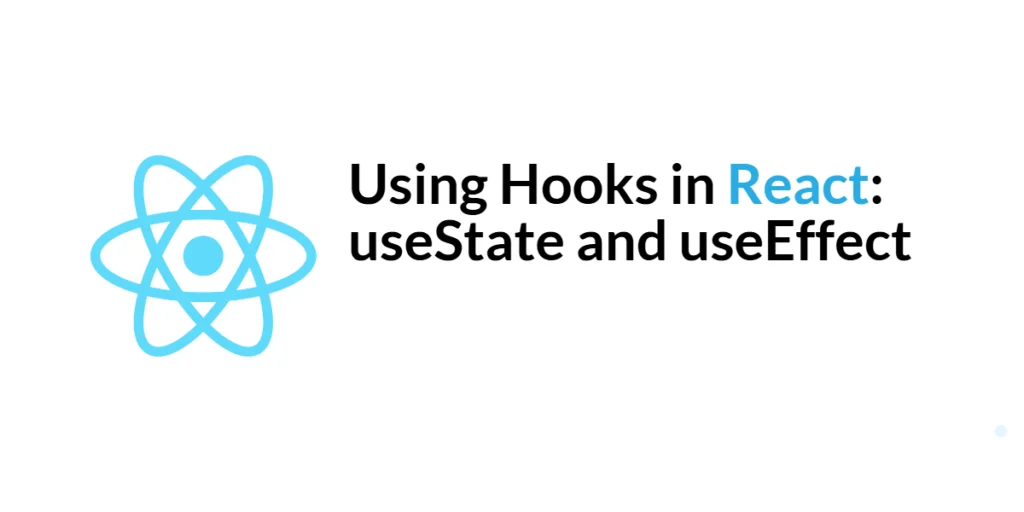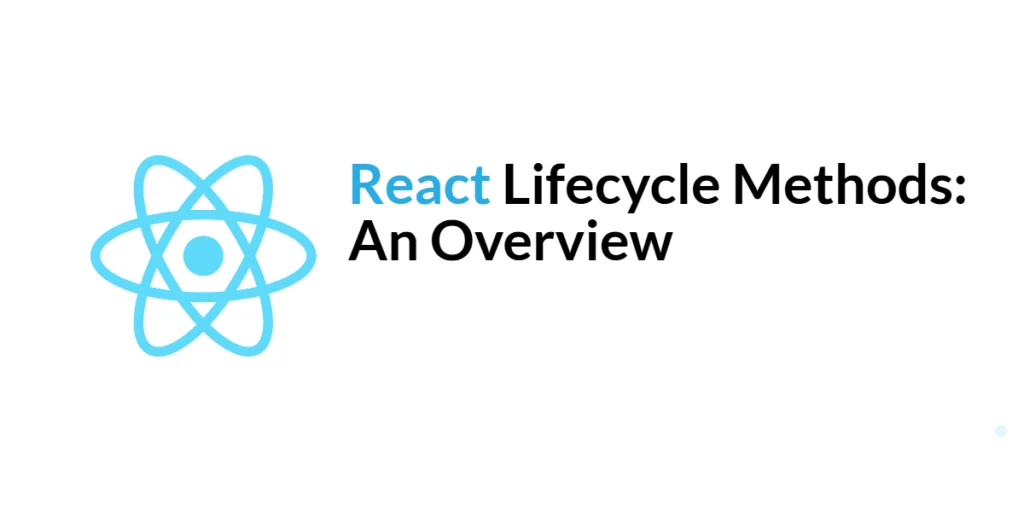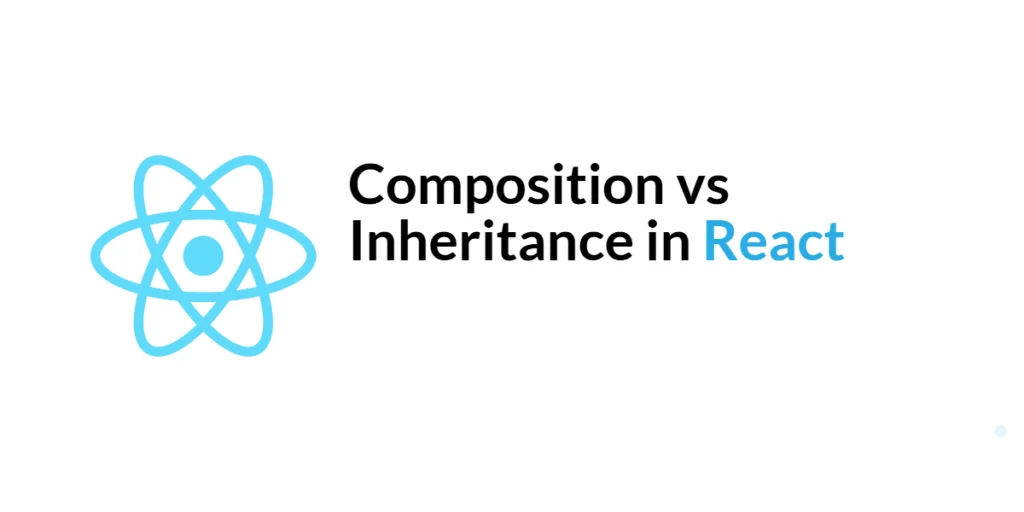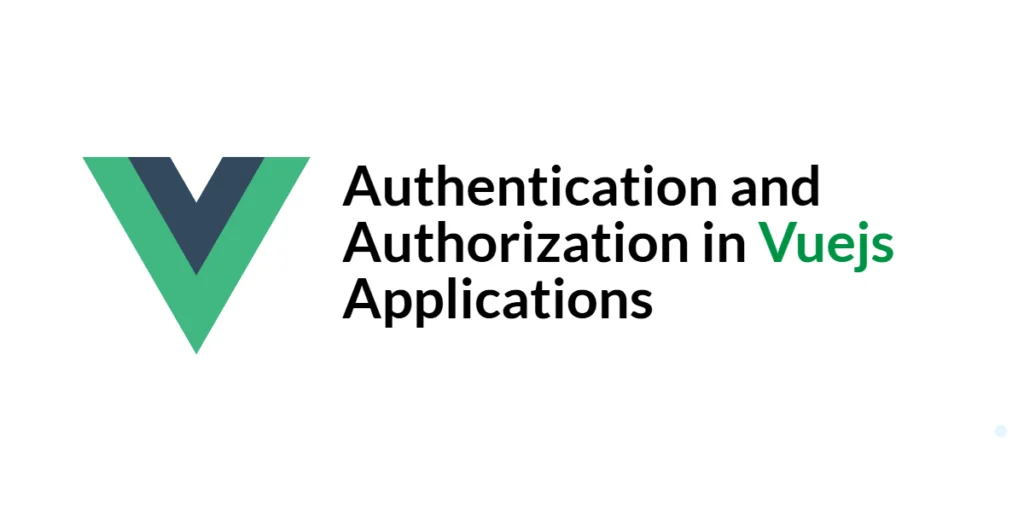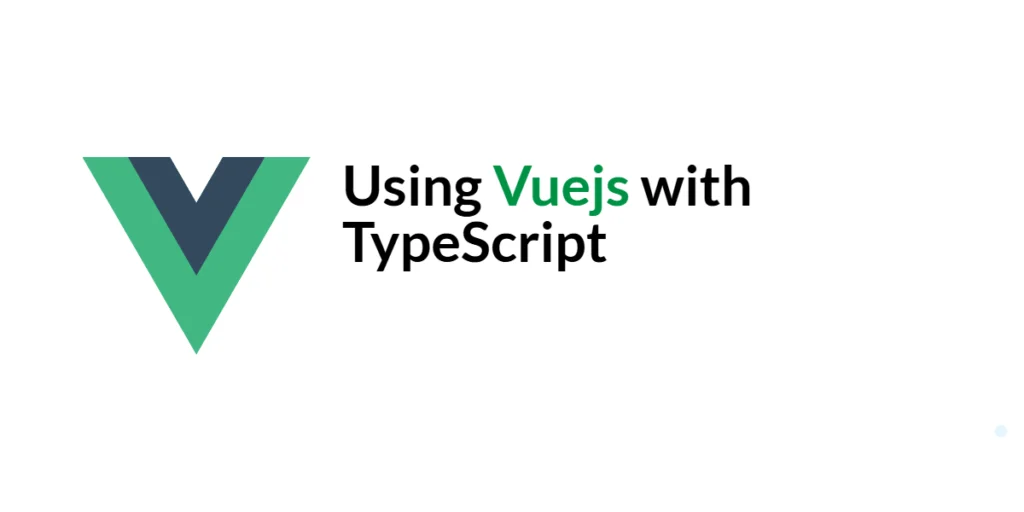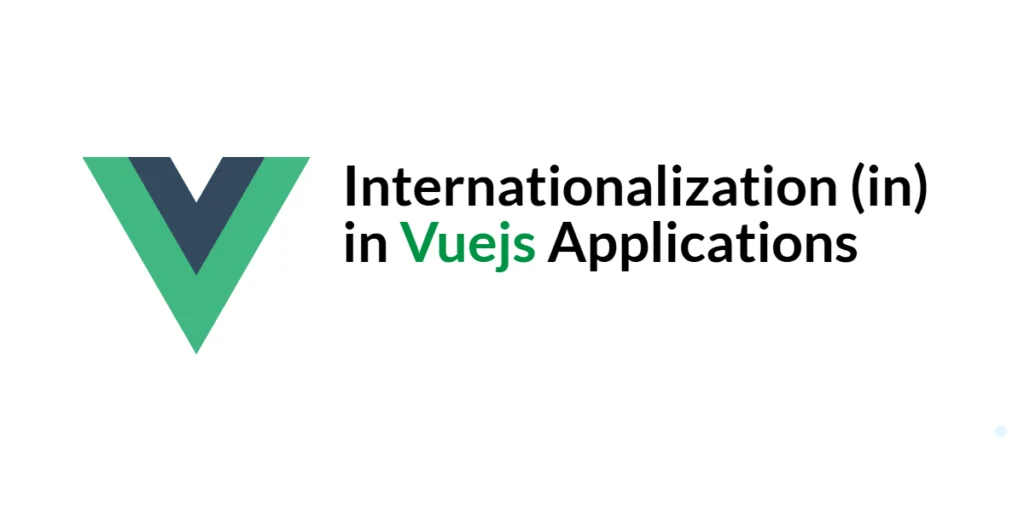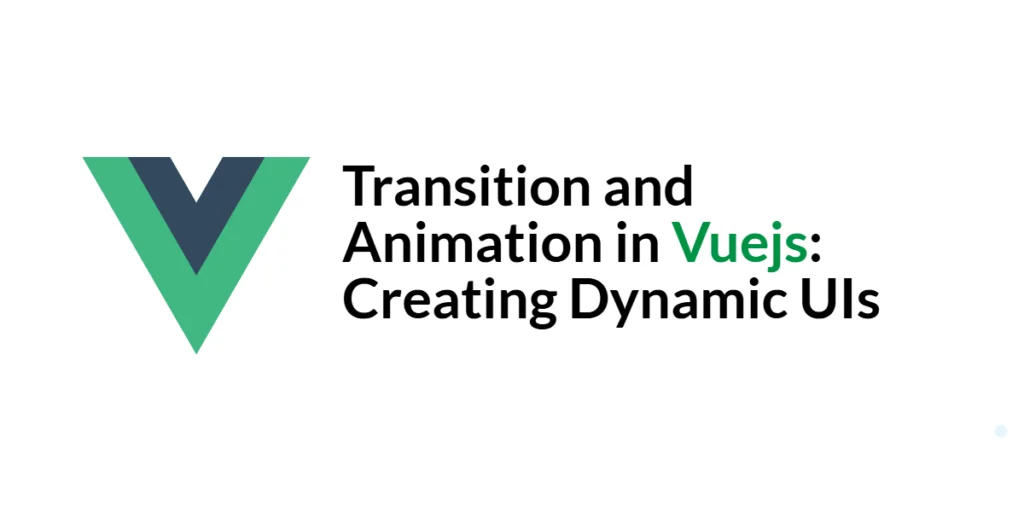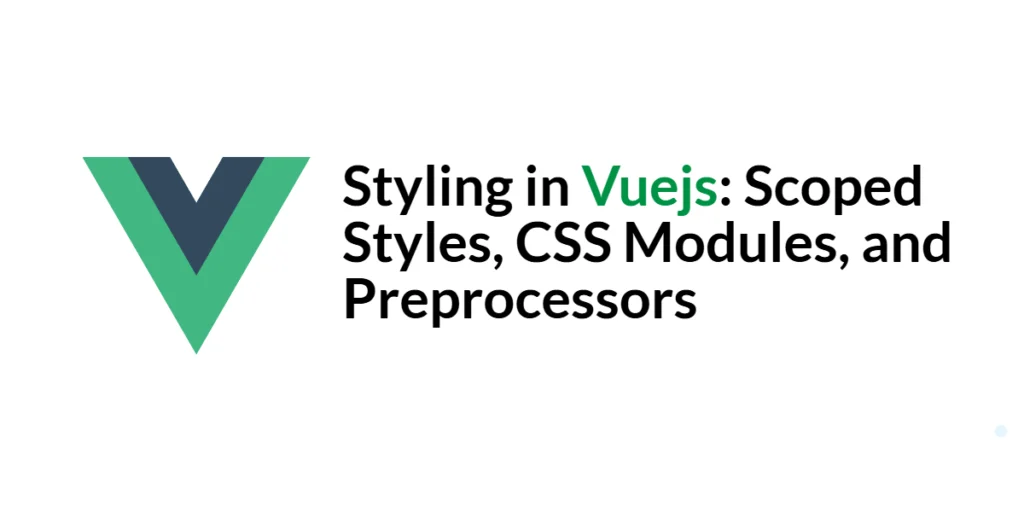Using Hooks in React: useState and useEffect
React is a powerful library for building user interfaces, known for its component-based architecture. With the introduction of Hooks in React 16.8, functional components can now use state and other React features without needing to convert them to class components. Hooks provide a way to manage state and side effects in functional components, making them […]
Using Hooks in React: useState and useEffect Read More »
